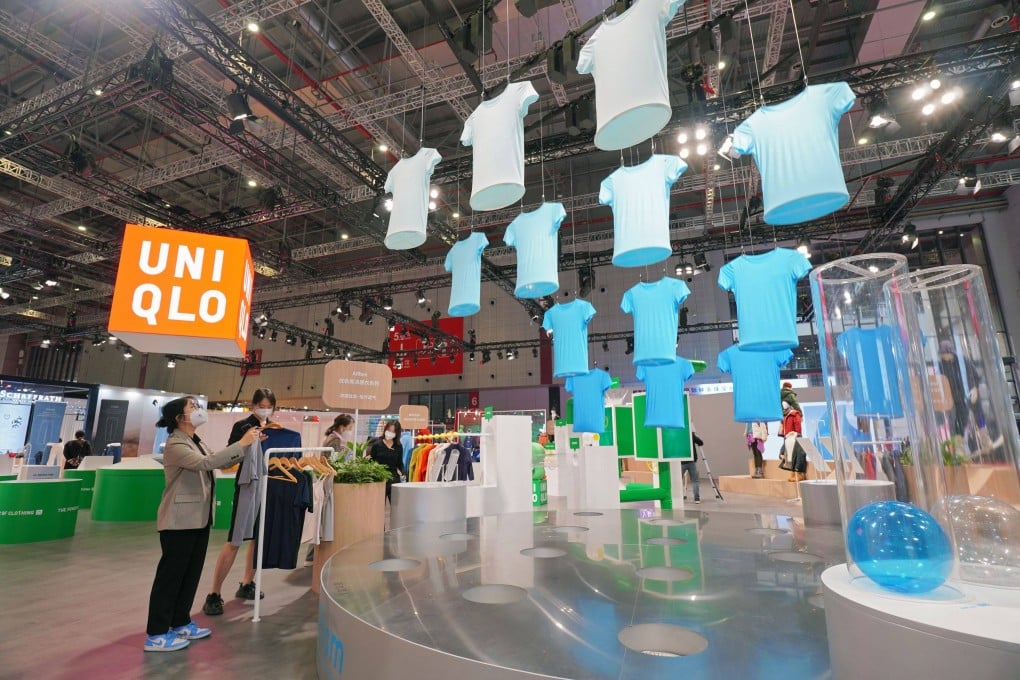From Uniqlo to Nike, global clothing brands struggle in China against ‘white labels’ amid consumption downgrade
- Chinese shoppers are prioritising functionality over fashion appeal, according to Mintel. Some 59 per cent of respondents focused more on the product than the brand, the market research firm says.

Middle-market apparel brands, once embraced by Chinese consumers for their affordability, are facing softening demand in the world’s second-largest economy as buyers opt for better value and consumption downgrade persists.
Fast Retailing, the company behind Japanese brand Uniqlo, this month said revenue from its mainland China market had “struggled” in the nine months through May 31 from a year earlier, citing waning demand and a mismatch in its product offerings and local preferences.
The shift has also hurt domestic brands. Sales at Li Ning, China’s biggest sportswear brand, grew by 2 per cent in the first quarter versus 6 per cent in the same period last year. At Xtep, a mass-market sports brand, sales rose by 10 per cent last quarter, about half the pace of the same period last year.
“The Chinese sportswear market is experiencing a polarisation of consumer spending,” Ivan Su, a senior equity analyst at Morningstar, said in a report last month. “Brands that are positioned in the middle of the market are facing more challenges as consumer preferences increasingly lean toward either value-driven or luxury products.”

Much of the shift is driven by concerns about the state of China’s economy. Years of stop-start economic activity, rising unemployment and a multi-year housing market slump have forced consumers to batten down the hatches. The economy grew 4.7 per cent last quarter, easing from a 5.3 per cent pace in the preceding three months, official data showed.
